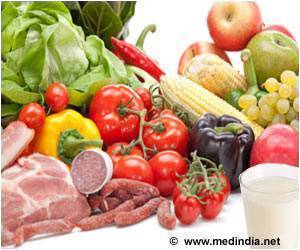
Further, the research found that a carnitine high diet promoted the growth of the bacteria, which metabolize carnitine, compounding the problem by producing even more of TMAO.
The research team led by Stanley Hazen, M.D., Ph.D., Vice Chair of Translational Research for the Lerner Research Institute and section head of Preventive Cardiology and Rehabilitation in the Miller Family Heart and Vascular Institute at Cleveland Clinic, and Robert Koeth, a medical student at the Cleveland Clinic Lerner College of Medicine of Case Western Reserve University tested the carnitine and TMAO levels of omnivores, vegans and vegetarians, and examined the clinical data of 2,595 patients undergoing elective cardiac evaluations.
They team examined the cardiac effects of a carnitine-enhanced diet in normal mice compared to mice with suppressed levels of gut microbes, and discovered that TMAO altered cholesterol metabolism at multiple levels, explaining how it enhanced the problem.
The researchers found that increased carnitine levels in patients predicted increased risks for cardiovascular disease and major cardiac events such as heart attack, stroke and death, but only in subjects with concurrently high TMAO levels.
While carnitine occurs naturally in red meats, including beef, venison, lamb, mutton, duck, and pork, it's also a dietary supplement available in pill form and a common ingredient in energy drinks.
Advertisement
Source-ANI














